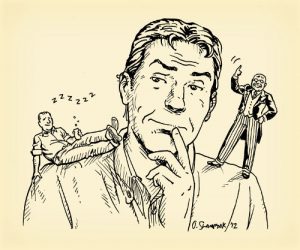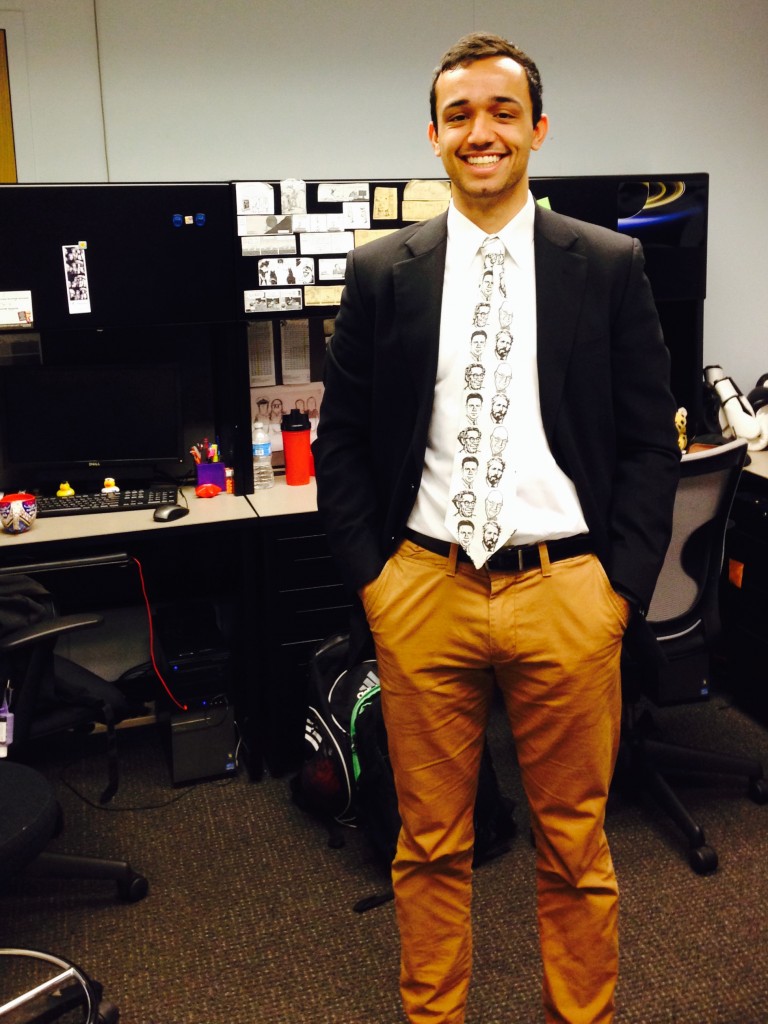Get Greater Willpower
Will is character in action. — William McDougall
Us here at jaketeeny.com are dedicated to three things above all else: truth, justice, peace, humility, entertainment, psychology, philosophy, and the general promulgation of my amazingness. Being able to count accurately is not one of them.
Today, I am thus sidelining my pride and publishing a correction to a prior post.
A year ago I posted an intriguing, well-written account (I told you: spreading my amazingness is one of the blog’s focuses) about how our willpower is like a muscle that you can strengthen with exercise, and one, when exercised too much, fails to function.
However, new data in the literature has proved my initial report inaccurate. And being that we’re within the month of Lent (the Catholic version of New Year’s resolutions where your motivation to keep your promises is not your reflection in the mirror but eternal damnation in the fiery pits of Hell) I figured it’d be best to give you the truest account of willpower.
Plus, I didn’t know what else to write about today and this is mildly interesting.

Researchers did an experiment where they first gave people a highly demanding cognitive task to “drain their willpower”: participants were given a block of text and asked to cross out every “e” that was not adjacent to another vowel (such as in “beak” or “blue”), as well as any “e” that had only one letter between it and another vowel (e.g. “Jake” or “marvelous”).
After struggling through this task for five minutes, participants were asked to squeeze a handgrip as long and as hard as they could. But how did this reveal anything new about willpower? The researchers asked participants how they viewed willpower.
Now, essentially there were two responses: The first type was that people believed willpower was like a battery (as I described in my previous post) where it had a limited capacity. The other responders, however, said willpower was limitless.
And after dividing the participants into these two camps, researchers found that those who believed their willpower was limitless were able to squeeze the handgrip for much longer than those who believed their willpower was limited.
Now, an astute reader could say: “Well, maybe all those who believe in ‘limitless willpower’ simply have a bigger capacity, that is, their will power is still limited, just not as limited as those who recognize it as limited.”
But in another study, researchers actually manipulated people’s beliefs about willpower: some people were told that “research has shown” people have limited willpower, while others were told “research has shown” people have limitless willpower.
And the same results were found: believing you have limitless willpower means you do. Granted, there are physical restraints, such as the capacity of your muscles, that can inhibit your willpower, but you should never be in the situation where you resisted a donut for breakfast but then later see a candy bar and think you’re incapable of resisting.
Because you can.
Willpowerfully,
jdt








Two words describe this post: fascinating. Perhaps its a self-limiting belief after all? Just telling yourself that you can or can’t do something is a big predictor in whether or not you can do it. So, we need to find more material that says it is limitless and then believe it, in order to be maximally effective.
Your opening sentence was brilliant–but then what else should I come to expect from you?–as was the rest of your comment. I’ll have to do a post on mental visualization and pinky strength one of these days. It fits in nicely with exactly what you’re saying.